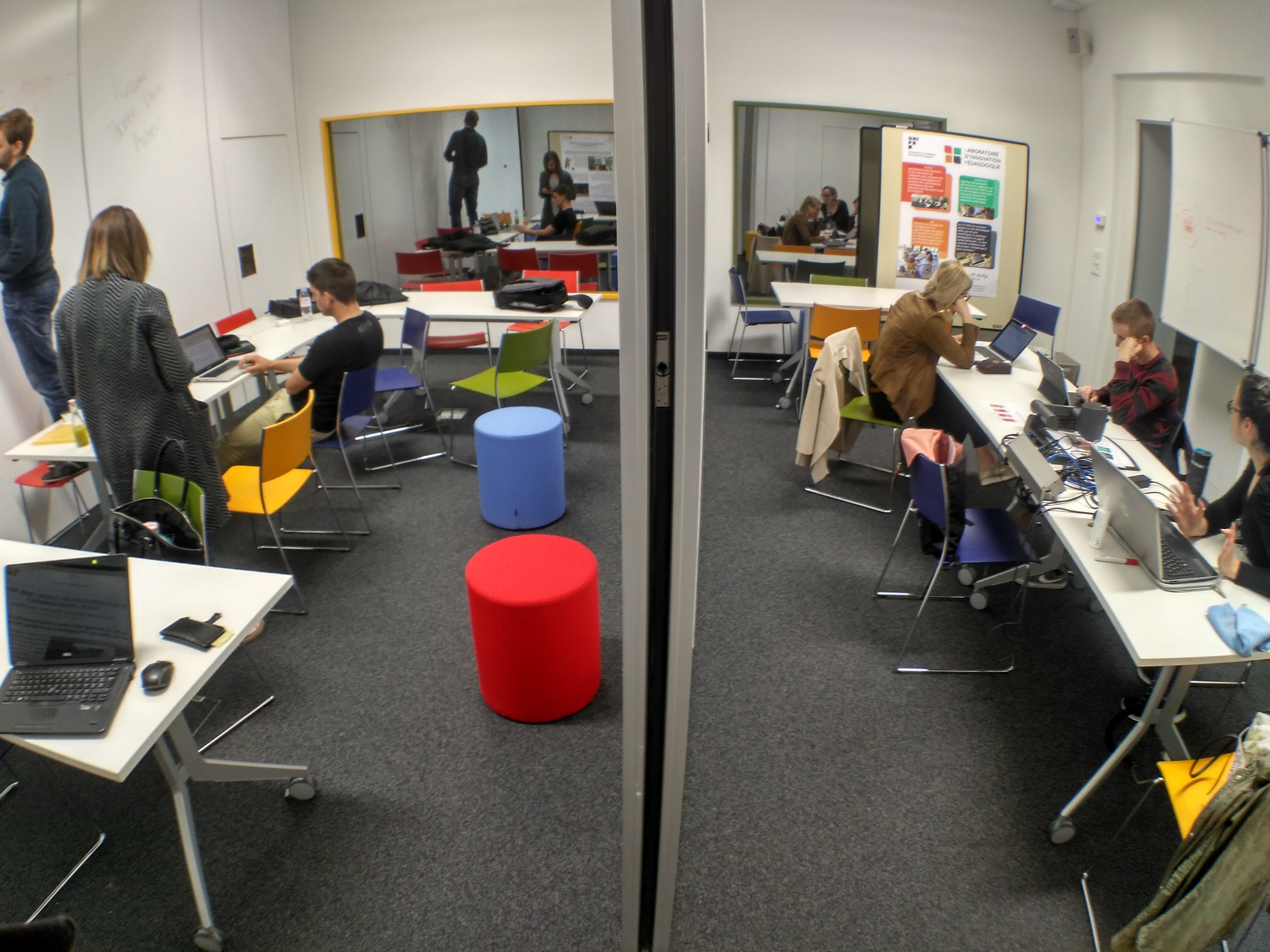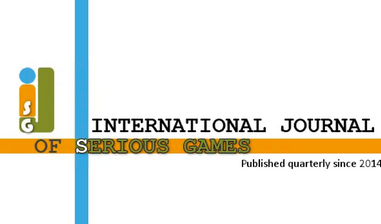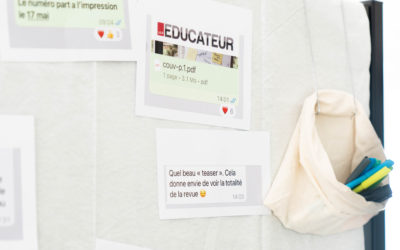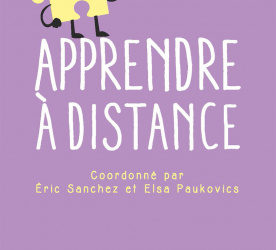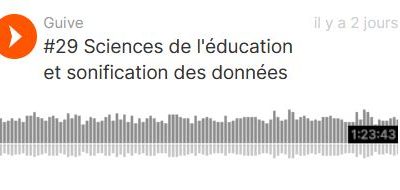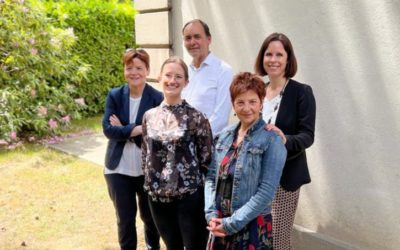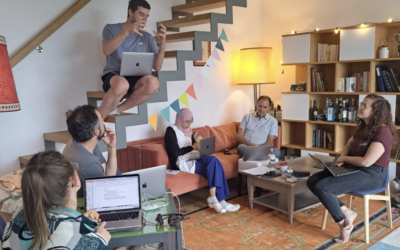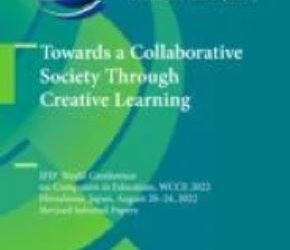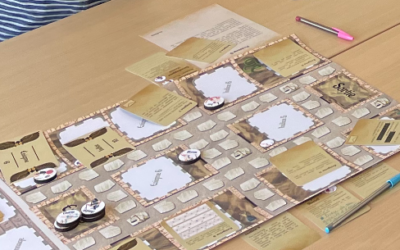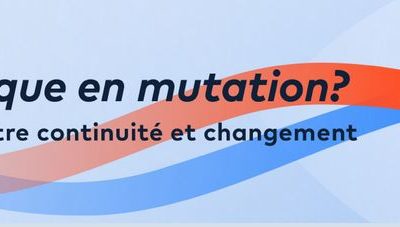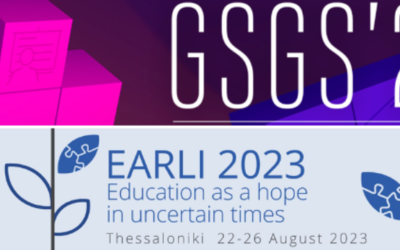co.LAB – A Digital Lab for the co-Design, co-Development and co-Evaluation of Digital Learning Games
Interest in Digital Learning Games (DLGs) has flourished at all levels of education. Digital Learning Games contribute to increasing students’ motivation and engagement, and are effective tools to support learner centered teaching practices. However, the design, development and uses of DLGs remain an issue due to the gap between teachers, game developers and researchers.
At the crossroads between educational and computer sciences the goal of the co.LAB project is to improve the design, development and uses of Digital Learning Games at all educational levels in Switzerland. This goal will be achieved by the development of what we call the co.LAB: a collaborative methodological framework between teachers, game developers and researchers in educational science, associated with a collaborative digital platform dedicated to co-design, co-development and co-evaluation of DLGs.
With the development, implementation and assessment of the co.LAB methodology and digital platform, we want to answer the following research questions (RQ).
RQ1: What methodology is needed to support collaborative DLG design and development?
RQ 2: What are the digital platform features necessary to support the collaborative DLG design and development process?
RQ 3: What are the effects of the methodology and digital platform on development cost and duration (efficiency)?
RQ 4: What are the effects of the methodology and digital platform on the quality of DLGs produced (relevance and effectiveness)?
RQ 5: What are the drivers for adoption of the methodology and digital platform by the educational, game developer, and research communities?
Following a design-based and mixed methodology, the co.LAB methodology and digital platform will be implemented and tested with the design, development and evaluation in real educational contexts of two showcase games dedicated to medical education (higher education) and computational thinking (secondary education). They will be used as a proof of concept. The experimentations will be carried out with classes both in a secondary school and at a university of applied sciences. The data collected will be based on an ethnographic approach on the one hand (questionnaires and focus groups carried out with stakeholders), and on the digital traces of users of the platform on the other hand.
By including a digital infrastructure for digital learning resources development and by providing, as a use test result, two digital learning games the project is fully in line with the PNR77 goals and more specifically with the module “Education, learning and digital change”. In addition, the co.LAB methodology, digital infrastructure and laboratory may serve both as an example of the introduction of digital in education and as a basis for future co-development of open digital educational resources in general.
Durée du projet
01/2020 – 12/2023
Financement
Fonds National Suisse

Requérants principaux
Dominique Jaccard HEIG-VD et Eric Sanchez, Université de Fribourg
Partenariat
Haute Ecole d’Ingénierie et de Gestion du Canton de Vaud
Membres du projet
Estelle Prior Unige
Mariem Jaouadi Unige
Membres associés
Nadine Mandran LIG/U. Grenoble
Matthieu Vermeulen IMT Nord Europe
Emmanuel Beffara U. Grenoble
Gaëlle Guigon IMT Nord Europe
Jérémie Humeau IMT Nord Europe
Anthony Fleury IMT Nord Europe
Contact
Eric Sanchez (eric.sanchez@unifr.ch)
Dernières actualités relatives à cette recherche
Dernières publications
En cette fin d'année 2023, le LIP publie différents papiers en lien avec ses travaux. Une collaboration avec l'Université de Strasbourg sur l'expérience d'apprentissage a débouché sur un papier qui a été présenté lors de la conférence ECEL 2023 et publié dans...
Le LIP questionne la collaboration en recherche lors de l’événement « co-écrire les didactiques »
Le 11 octobre dernier, le LIP était présent à l’Espace Parenthèse de la HEP Vaud pour participer à l’événement organisé par le 2CR2D “Co-écrire les didactiques” à l'occasion du numéro spécial de l'éducateur intitulé : “Recherches collaboratives en didactique...
« Apprendre à distance »: sortie d’un ouvrage collectif
En 2020, à l’aube du premier confinement lié à la pandémie de COVID19, le LIP invitait différents experts à s’exprimer sur la thématique de l’apprentissage à distance dans une série d’article de blog nommée “Infox sur le e-learning”. Trois ans plus tard, nous avons le...
Un podcast sur la sonification des données
L'Université de Genève publie un podcast dans lequels sont abordés les travaux du LIP/TECFA sur la sonification des données. [lien vers le podcast]
Soutenance et publication de ma thèse de doctorat !
Le 1er juin de cette année 2023, j’ai eu l’honneur de soutenir ma thèse de doctorat en Sciences de l’éducation au TECFA à l’Université de Genève, sous le co-direction de Eric Sanchez et Corinne Marlot, en présence d’un jury composé de Bernadette Charlier (UNIFR),...
Une Thèse Jam pour la rentrée 2023 !
Depuis quelques années, le LIP organise une à deux fois par an sa traditionnelle Thèse Jam. Dans l’esprit de la Jam-session (en musique) ou de la Game Jam (en game design), au sein du LIP, on décrit la Thèse Jam comme “un atelier organisé pour travailler sur son sujet...
Tracking Epistemic Interactions from Online Game-Based Learning
Le LIP publie un papier dans les actes de la conférence OCCE 23 qui s'est déroulée en août 2023 à Hiroshima au Japon. Ce papier revisite les données collectées dans le cadre des expérimentations menées sur le jeu Tamagocours. Abstract : This paper draws on an...
Rétrospective sur l’atelier EIAH2023
Nous l’avions annoncé il y a quelques billets de blog de cela, le LIP était à Brest en juin 2023 pour participer à la conférence bisannuelle EIAH2023. Pour cette occasion, nous avions proposé un atelier sur la thématique de la conduite d’une recherche collaborative...
Le LIP au congrès annuel 2023 de la Société suisse pour la recherche en éducation (SSRE)
Cet été, notre équipe s'est activement engagée dans la présentation de nos travaux de recherche. L'occasion s'est présentée dans le cadre du congrès annuel 2023 de la Société suisse pour la recherche en éducation (SSRE), où la doctorante Mariem Jaouadi a eu...
Retour sur les conférences estivales : GSGS & EARLI
Les communications s'enchainent autour des jeux éducatifs développés dans le cadre du projet PLAY. Fin Juin, les travaux de recherche de Simon Morard ont été présentés à la 8th International Conference on Gamification & Serious Games, qui se tenait à Neuchâtel...

